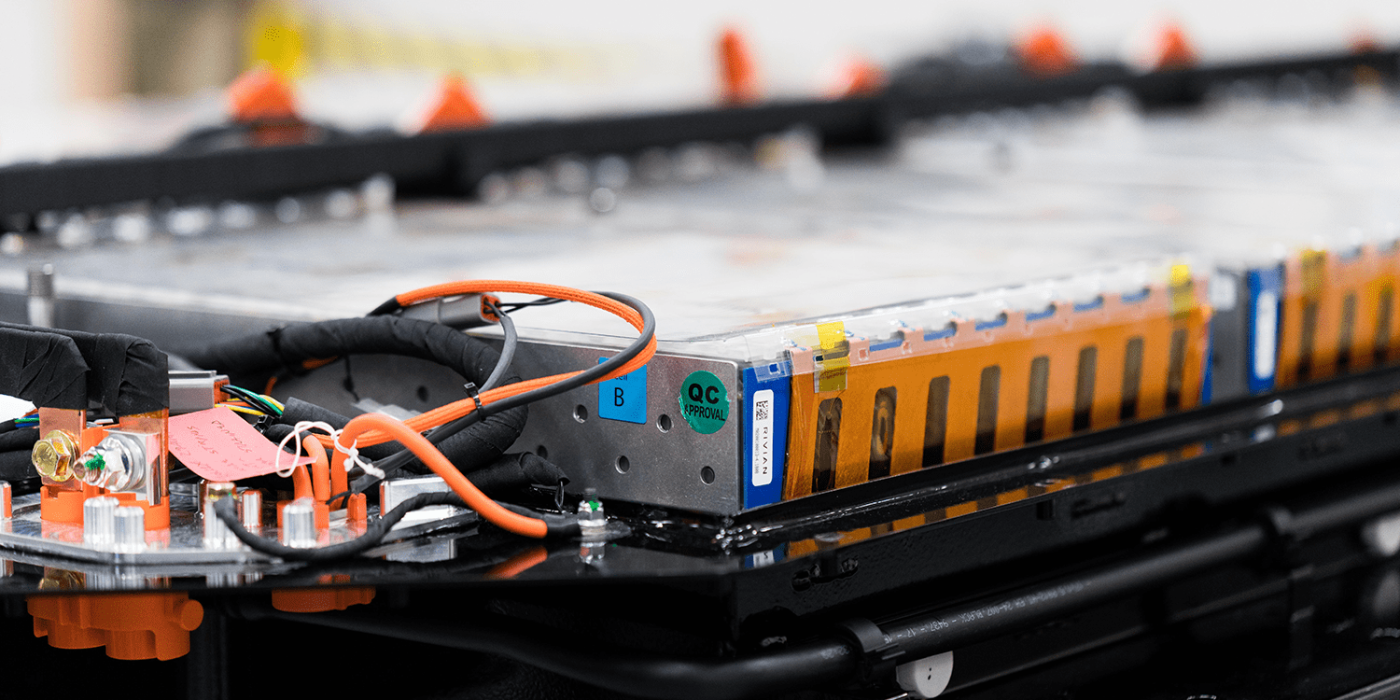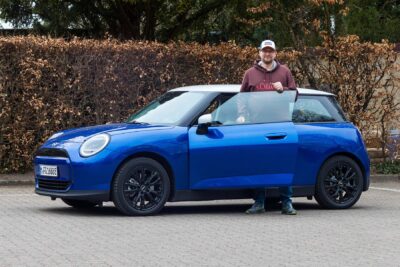Ford brand Lincoln will not use Rivian platform
Lincoln has announced that it will not build an electric car based on Rivian’s EV platform. The surprising end of the project comes only about three months after its announcement. Lincoln now wants to push its first electric car on its own.
Ford only just announced in January that its Lincoln brand would work on an electric model based on the Rivian platform. Now this project has abruptly ended. Lincoln and Rivian have decided “in view of the current environment […] not to continue the development of a fully electric vehicle based on the Rivian’s skateboard platform,” as Lincoln revealed in a brief statement.
What will remain is Ford Motor Company’s strategic commitment to Lincoln, Rivian and electrification. Ford invested 500 million dollars in Rivian last year. At the time of their announced cooperation, Joy Falotico, President of the Lincoln Motor Company, described the cooperation with Rivian “marks a pivotal point for Lincoln as we move toward a future that includes fully electric vehicles,” and that the vehicle would be “stunning”.
Beyond the current official announcement (which is just two sentences long), Ford sent an internal message to the employees. “We continue to review and adjust our business and product plans — as all prudent businesses do. As we moved through the development cycle, we determined that it would be better to pivot from the Rivian skateboard platform and focus our development efforts on Lincoln’s own fully electric vehicle,” Electrek revealed quoting from Ford’s employee website.
It remains to be seen when the first electric Lincoln will be launched on the market. Lincoln also leaves open whether existing models will be electrified or whether the company will develop its own electric platform. One thing is clear: without the highly developed Rivian platform, the project is likely to be delayed. There is already an indication of the name of the electric model family: According to the Mach E Club Forum, Lincoln is said to have secured the trademark rights for ‘eGlide’.
Ford’s move does come as a surprise after such high praise for its partner and their technology, but also make one wonder in exactly which ways the two US American firms are still cooperating. Amy Mast, a Rivian spokesperson, told The Verge, “Ford and Lincoln continue to be great partners”. According to The Verge, “Lincoln is still working on an ‘alternative vehicle’ based on Rivian’s tech”.
This statement still concurs with comments made last August by CEO Jim Hackett that Ford itself could learn a lot from Rivian. He also announced that the electric cars could be assembled on the Rivian base at the startup – which is of course now not happening. For this, he said Rivian’s Illinois factory meets “many of our criteria”. One would assume then that Rivian’s factory capacity is no longer relevant for Lincoln. The official press release from Lincoln said only: “Lincoln’s future plans will include an all-electric vehicle consistent with its Quiet Flight DNA.”
Rivian itself recently postponed the market launch of its R1T e-pickup from late 2020 to early 2021 in the wake of the corona crisis. Lincoln’s exit from a joint model from the companies will no doubt affect Rivian, but not endanger it. After all, in addition to its own vehicles, Amazon recently ordered 100,000 electric delivery vans using Rivian technology and a body stipulated by Amazon.





0 Comments